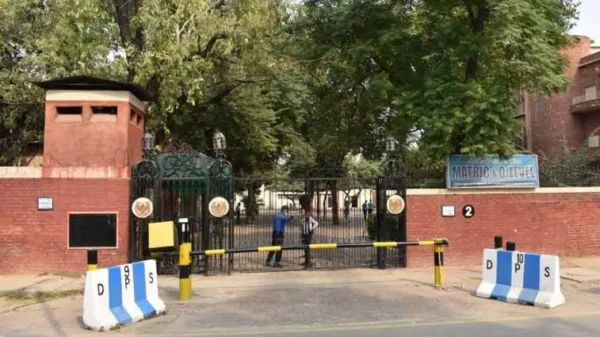The China-Pakistan Economic Corridor (CPEC), launched in 2013, aimed to address Pakistan’s energy challenges through significant investment in power projects. China injected $62 billion into Pakistan’s economy, with $35 billion funding 21 coal-fired power plants, contributing 6,000 MW to the national grid. Despite this, Pakistan struggles with chronic power shortages and unsustainable debt due to high “capacity payments” under Power Purchase Agreements (PPAs). These agreements require payments to Chinese Independent Power Producers (IPPs) regardless of electricity production, resulting in financial strain.
Pakistan’s debt exposure to China from 2000-2021 reached $67.2 billion, with CPEC accounting for $26 billion. Efforts to restructure $15 billion in energy debt have been unsuccessful, compounding economic challenges.
Amid these difficulties, Pakistan recently discovered significant offshore oil and gas reserves, which could potentially transform its energy landscape. Verified after a three-year survey, these reserves may reduce reliance on imported liquefied natural gas (LNG) and oil. However, extracting these resources will require $5 billion in exploration investments and years of development.
Pakistan currently imports 29% of its gas, 85% of its oil, 50% of its liquefied petroleum gas (LPG), and 20% of its coal. The energy import bill in 2023 was $17.5 billion and is projected to rise to $31 billion by 2030. The newly discovered reserves could alleviate this burden, but security concerns deter foreign investors.
Incidents such as attacks on Chinese engineers in 2024 and strikes on the Gwadar Port Authority underscore the risks. Security challenges, particularly in areas with separatist activity, make foreign investment in oil and gas exploration a tough sell.
For now, Pakistan remains reliant on China, as state-controlled Chinese entities appear more willing to navigate the risks. Discussions with Saudi Aramco and other international firms have been largely unproductive. Meanwhile, the black market thrives, with an estimated $1 billion worth of smuggled Iranian fuel entering Pakistan annually.










